Scientists around the globe are scrambling to develop a vaccine to prevent COVID-19. While the flu is considerably less virulent than COVID-19, it is fatal to many each year. Yet many Americans reject a readily available vaccine to prevent it. We asked these global health majors in professor Sharon Crary’s Global Health Practicum class:
Why is it important to get an annual flu shot?
It is more important to get a flu vaccine in 2020 than ever before. While the United States has enough hospital beds and medical professionals to respond to yearly influenza cases, COVID-19 has overwhelmed hospitals and health care budgets and increased the burden on health care workers. If we all receive our seasonal influenza vaccine, our health care system will more likely be able to cope with a second wave of COVID-19, which is anticipated in the fall.
Additionally, seasonal influenza costs our nation more than $10 billion each year, including direct medical costs and costs from days of work lost to illness. Lowering this cost by increasing vaccination coverage will help our overall economy.
Many people are reluctant to get vaccinated for the flu because of anxiety that the vaccine will make them sick. But the three vaccine types that exist and are effective against the flu cannot make you sick. They give your immune system a “taste” of a virus to help your body recognize and fight it in the future. In killed vaccines, the virus has been destroyed. Attenuated vaccines have a live virus modified to prevent it from infecting you. Subunit vaccines include pieces of a virus that cannot infect your cells.
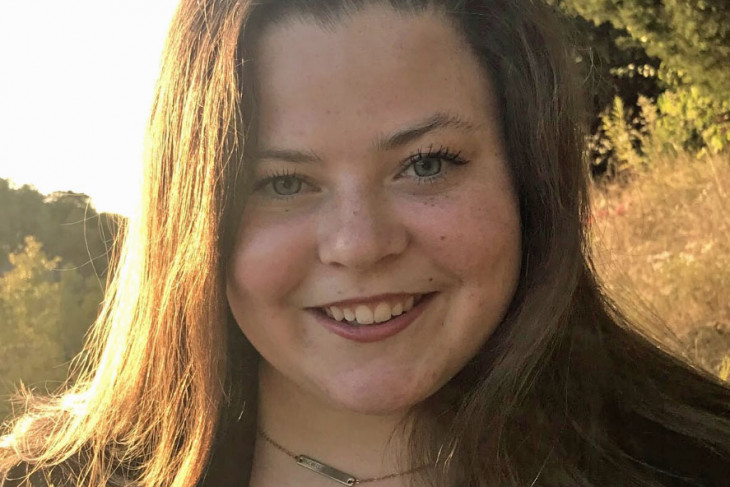
Quinn Wright '21

Brittany Davis '20
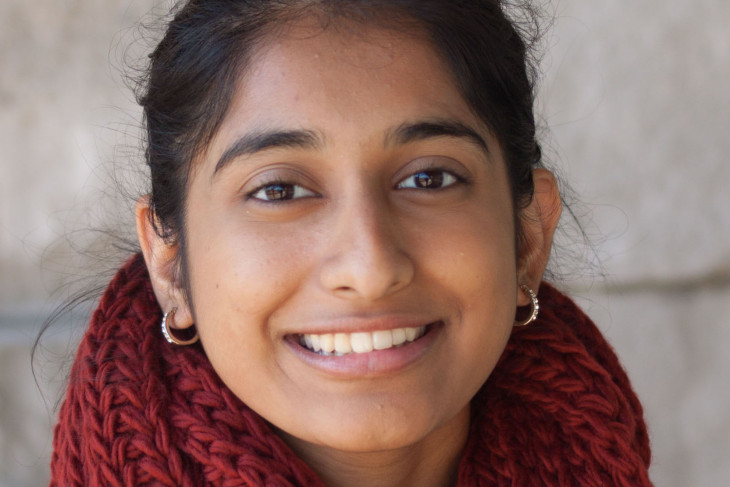
Manpreet Kaur '20

Layla Ahmadi '21
Two facts may be the basis for rumors about the flu vaccine and illness: One, every year the CDC chooses influenza virus strains to use in a vaccine, based on careful analysis of the virus that has been circulating in other parts of the world. Occasionally the choice is incorrect. In those years, the vaccine will not provide you with full immunity, but will still improve your symptoms and shorten the duration of your illness. Two, you might become sick after getting the vaccine if you were exposed to a sick person within the seven-10 days it takes for the vaccine to become effective. In this case your sickness is not from the vaccine but because you got it too late.
You may not suffer from the symptoms of influenza, but that does not mean you have never been infected with influenza. Those infected can transmit the virus to others, regardless of whether they experience symptoms. The safe thing to do is to get vaccinated to protect those around you.
This idea of getting vaccinated to help others is referred to as “herd immunity,” which is important for protecting those who are immunodeficient and cannot be vaccinated. Vaccines not only prevent you personally from getting sick, but they decrease the likelihood that you would spread a disease to someone else, thus protecting your friends and family.
DePauw Magazine
Summer 2020
 The Bo(u)lder Question
The Bo(u)lder Question  Retired archivist reflects on 36 years as DePauw’s memory keeper
Retired archivist reflects on 36 years as DePauw’s memory keeper First Person by Connie Campbell Berry '67
First Person by Connie Campbell Berry '67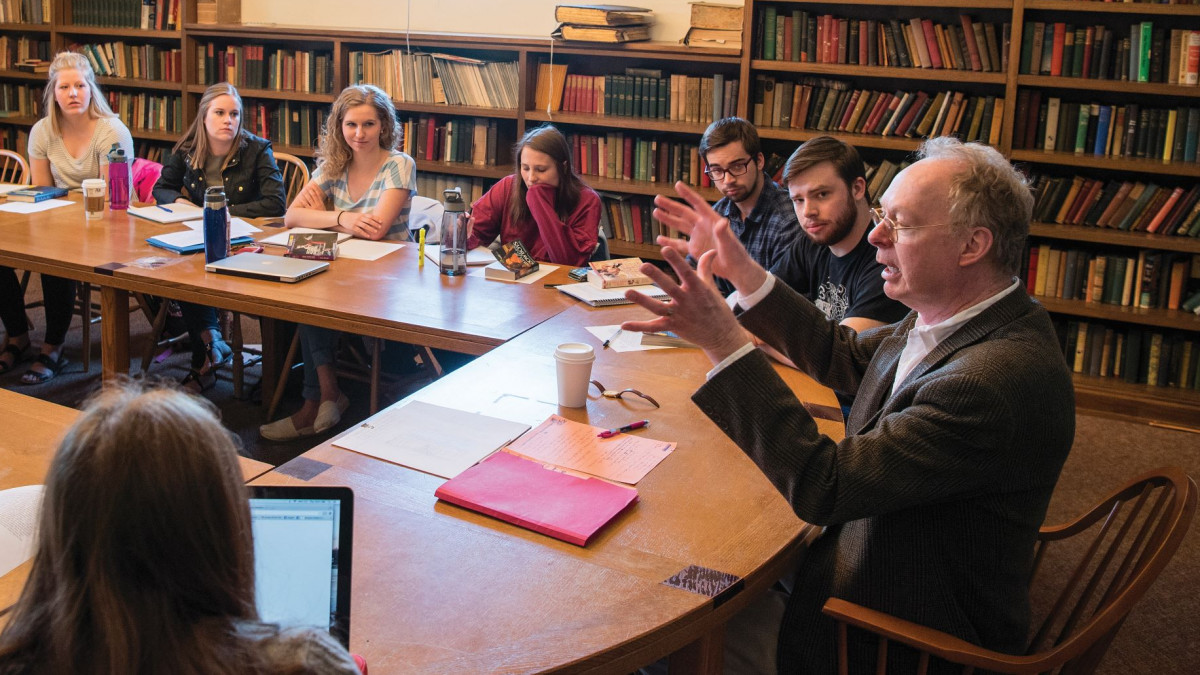 First Person by Wayne Glausser
First Person by Wayne Glausser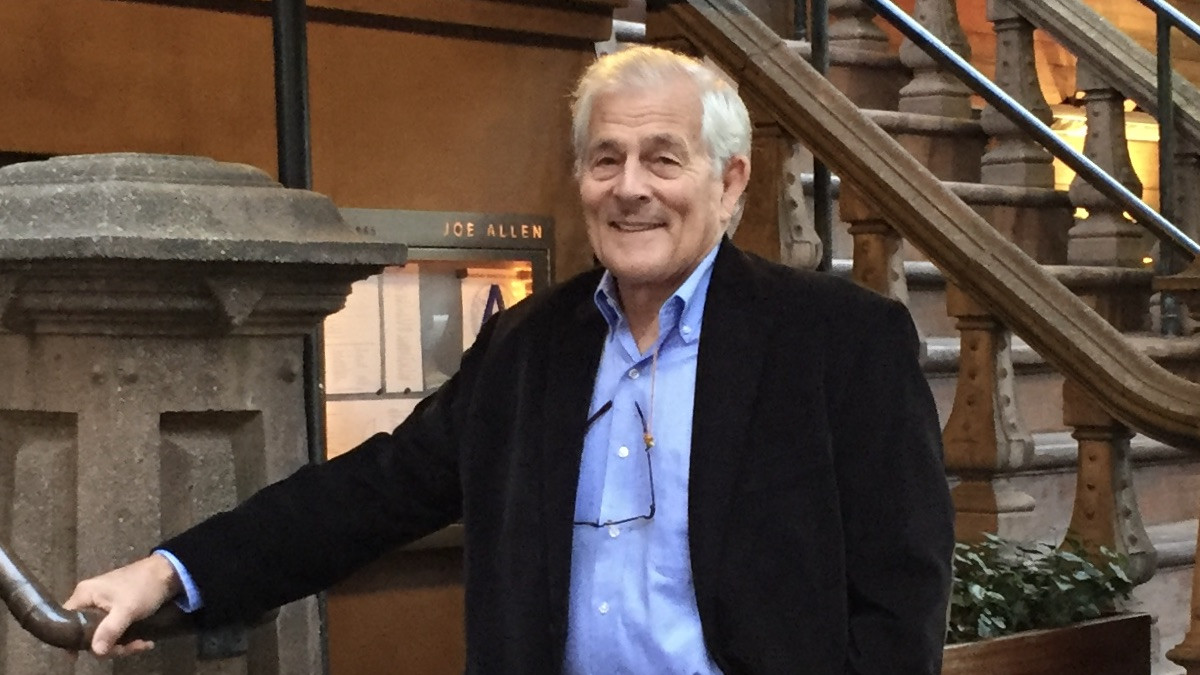 Battling an epidemic, treating individuals: Physician alum has done it all
Battling an epidemic, treating individuals: Physician alum has done it all  Welcome, Class of 2024!
Welcome, Class of 2024!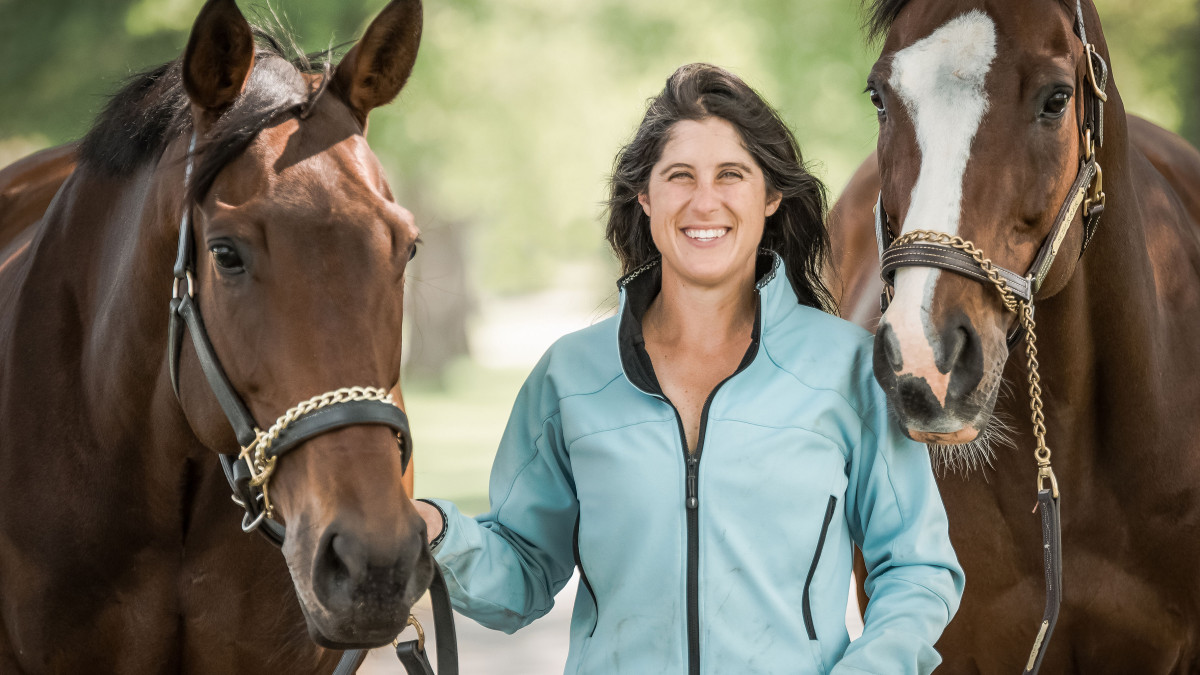 She has loved them since she was 6: vet cares for, competes with and rescues horses
She has loved them since she was 6: vet cares for, competes with and rescues horses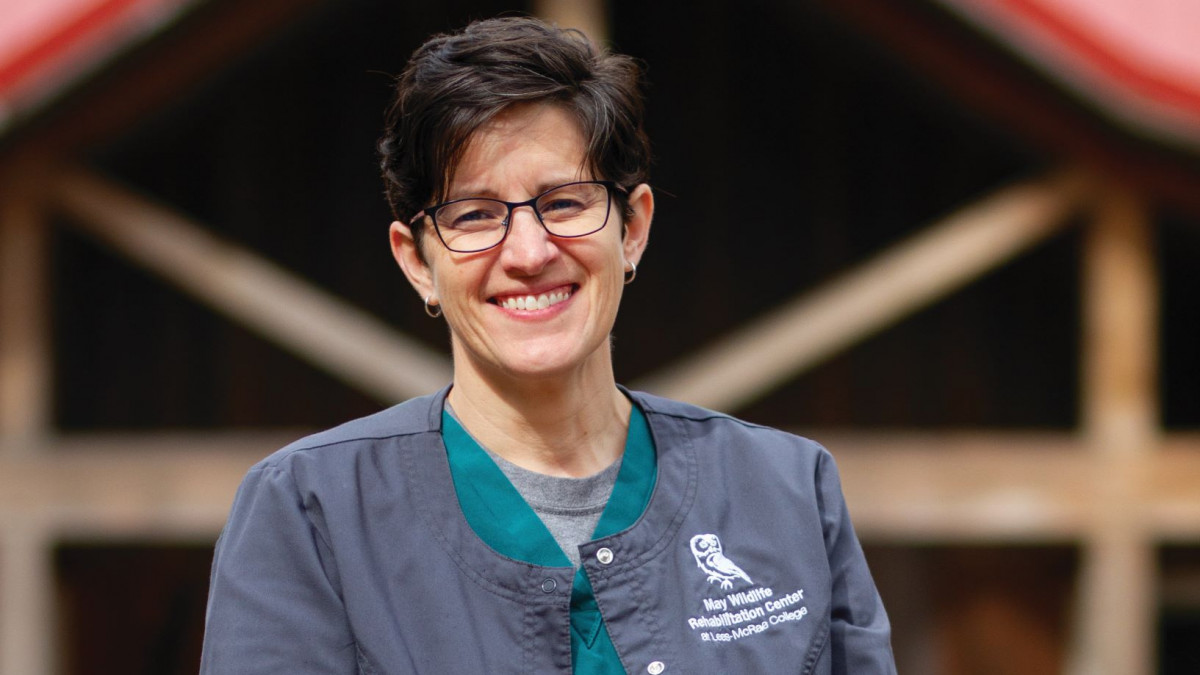 Liberal arts taught wildlife vet to consider different approaches to patients’ problems
Liberal arts taught wildlife vet to consider different approaches to patients’ problems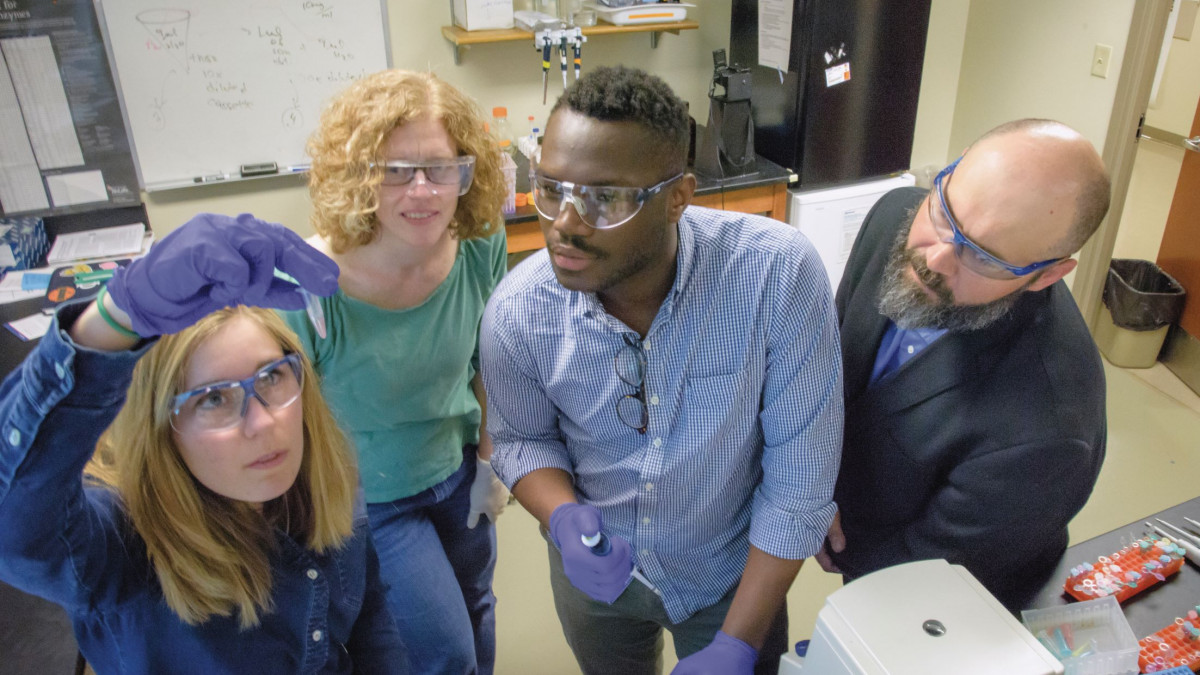 Scientist and humanitarian: Prof embodies disparate interests, then acts on and teaches them
Scientist and humanitarian: Prof embodies disparate interests, then acts on and teaches them Researcher follows the science toward treatments
Researcher follows the science toward treatments The ‘dura mater’ handles medical training and motherhood with aplomb
The ‘dura mater’ handles medical training and motherhood with aplomb 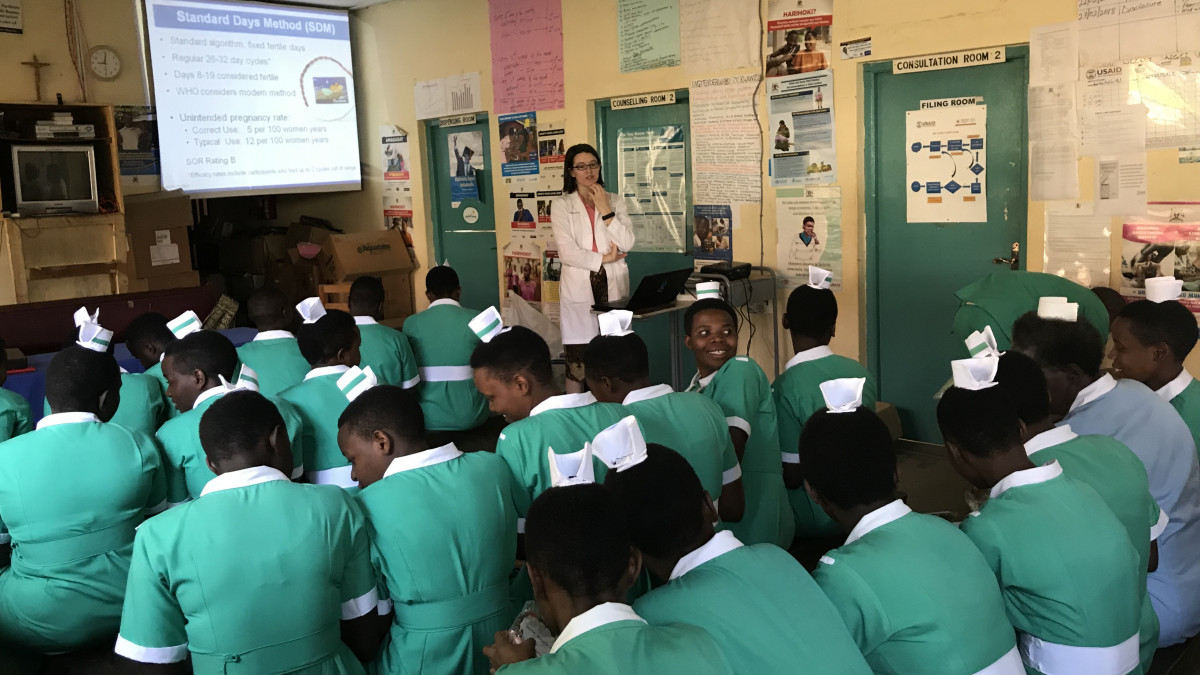 Evolving interests drive ’12 grad to trade test tubes for a stethoscope
Evolving interests drive ’12 grad to trade test tubes for a stethoscope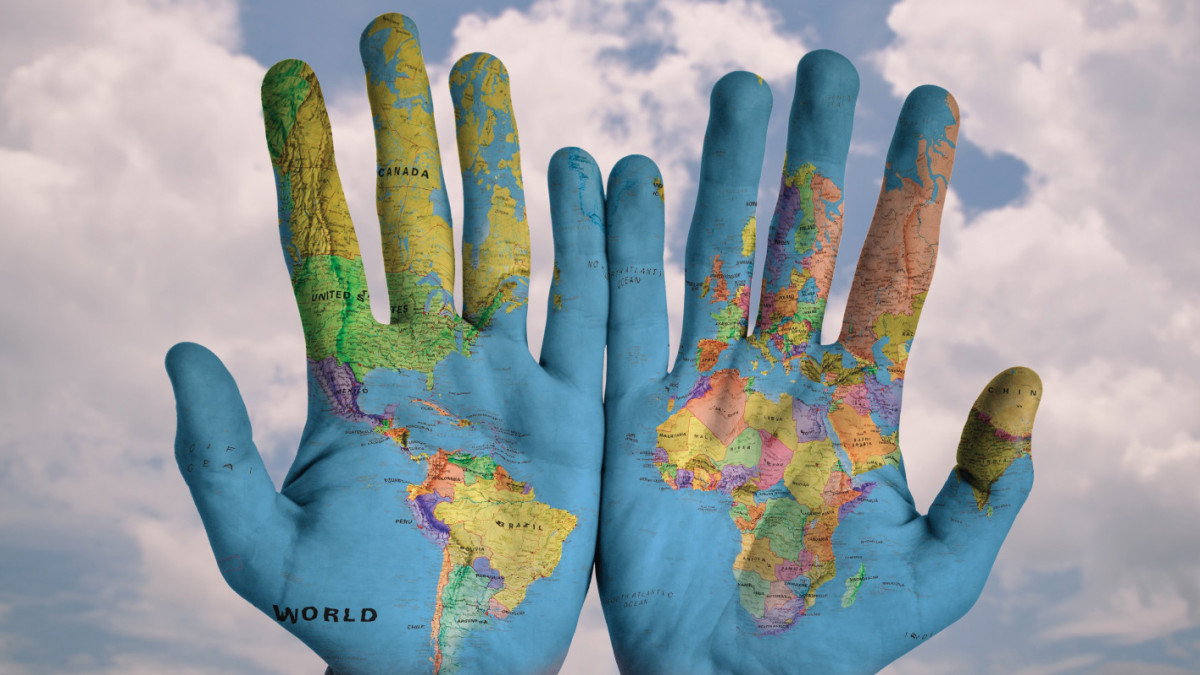 Alum hopes to meet global needs by establishing med school
Alum hopes to meet global needs by establishing med school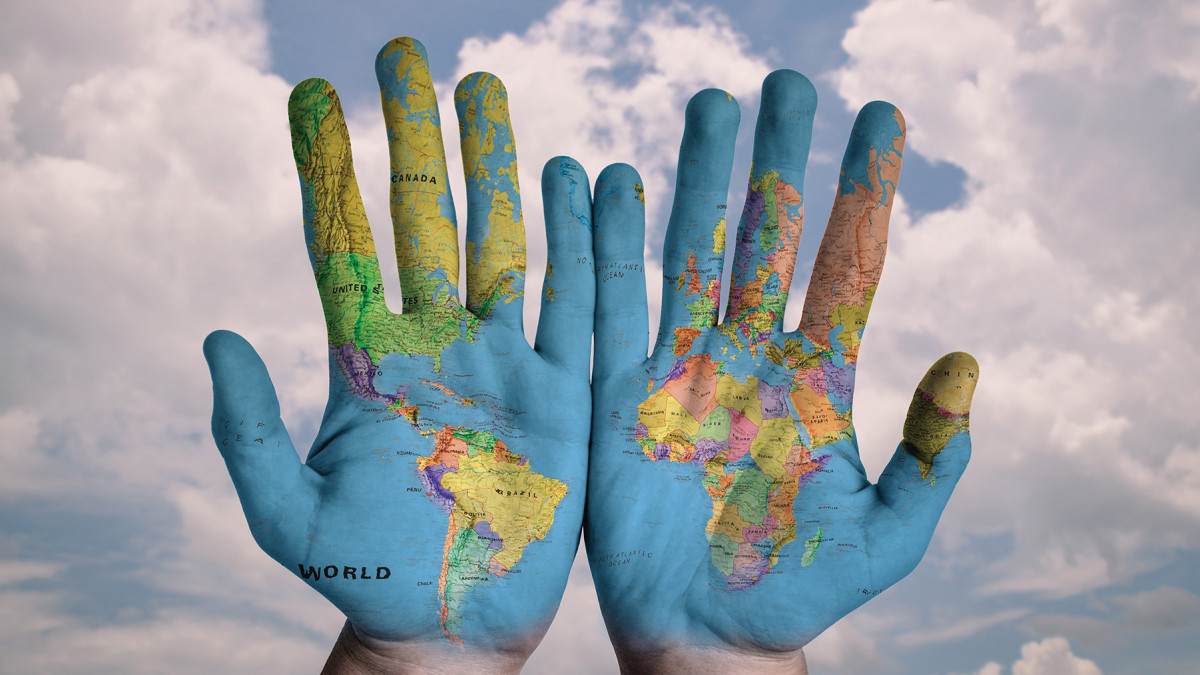 The healers
The healers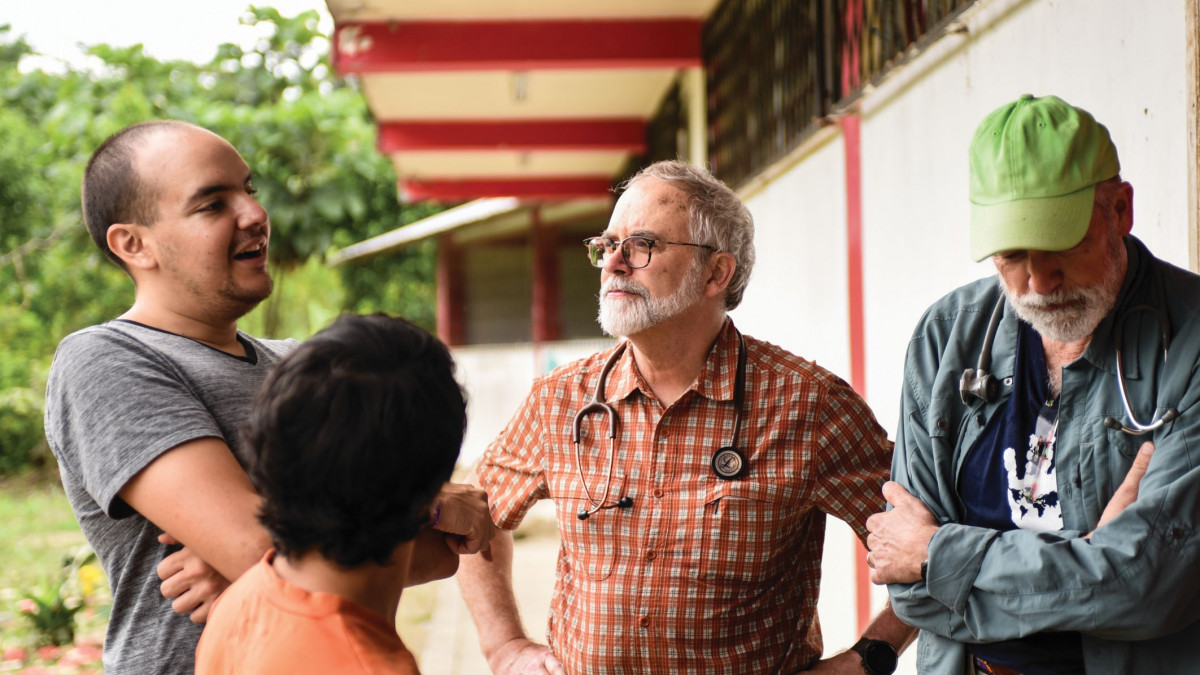 Personal experiences prepared ’76 alum for work, service
Personal experiences prepared ’76 alum for work, service DePauw in the time of COVID-19
DePauw in the time of COVID-19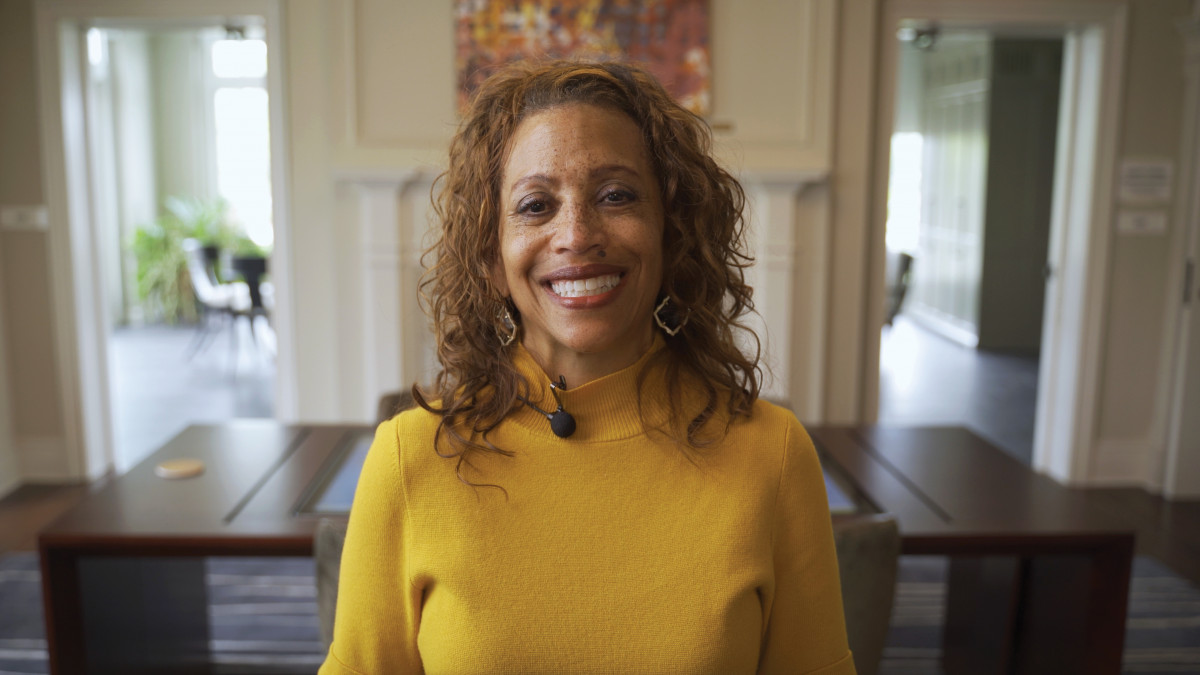 DePauw’s new president: A ‘visionary,’ empathetic and focused optimist ... who sings
DePauw’s new president: A ‘visionary,’ empathetic and focused optimist ... who sings
DePauw Stories
A GATHERING PLACE FOR STORYTELLING ABOUT DEPAUW UNIVERSITY
Browse other stories
-
Athletics
-
Women's Swimming & Diving - DePauw Sets Two New Pool Records Against #11 WashU
-
Men's Swimming & Diving - Tigers Finish 102-204 Against #12 WashU in Dual-Meet
-
Men's Track & Field - Tigers Finish Fourth at Rose-Hulman Classic
More Athletics
-
-
News
-
DePauw University Remembers Esteemed President Emeritus Robert G. Bottoms
-
Student and Professor Share Unexpected Writing Journey
-
Four in a Row! DePauw Wins 131st Monon Bell Classic
More News
-
-
People & Profiles
-
Entrepreneurs Eric Fruth ’02 and Matt DeLeon ’02 Are Running More Than a Business
-
Rick Provine Leaves Legacy of Leadership and Creativity
-
History Graduate Cecilia Slane Featured in AHA's Perspectives on History
More People & Profiles
-
-
Have a story idea?
Whether we are writing about the intellectual challenge of our classrooms, a campus life that builds leadership, incredible faculty achievements or the seemingly endless stories of alumni success, we think DePauw has some fun stories to tell.
-
Communications & Marketing
101 E. Seminary St.
Greencastle, IN, 46135-0037
communicate@depauw.eduNews and Media
-
News media: For help with a story, contact:
Bob Weaver, Senior Director of Communications.
bobweaver@depauw.edu.